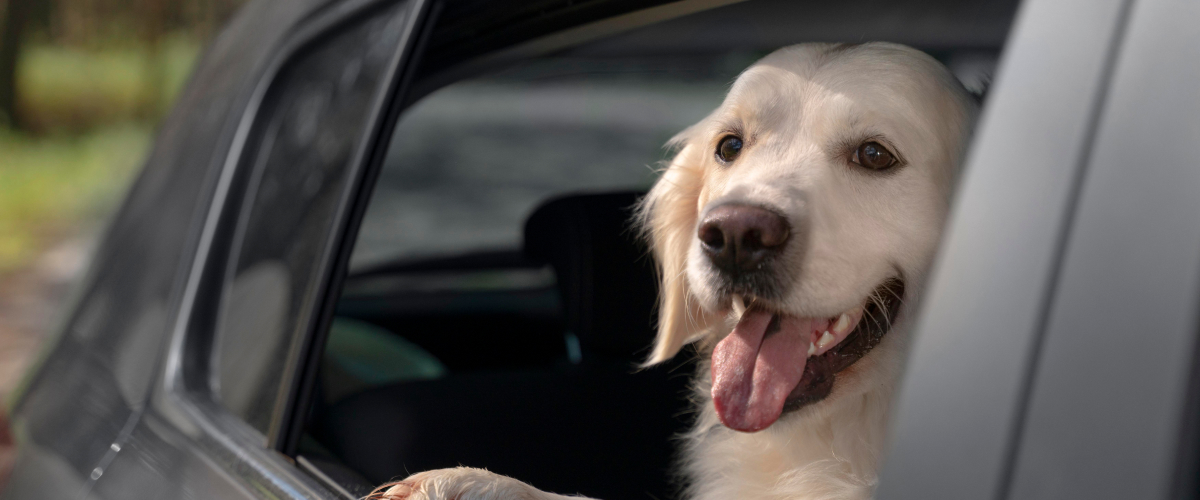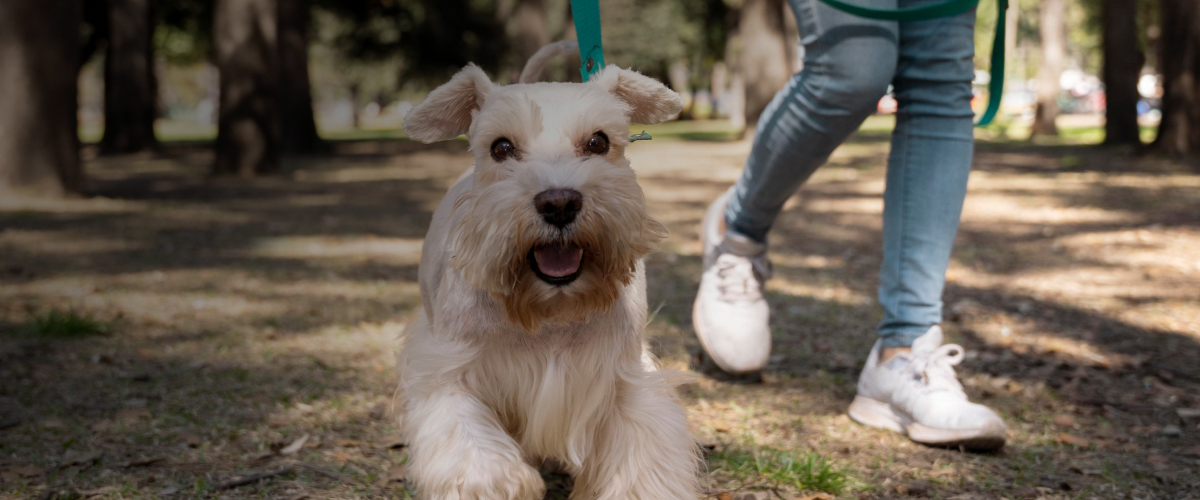Blog
-

Odd behaviors in Senior Pets
-

How Physical Therapy can Help your Senior Pet
-

Senior Petsand Hair Loss
-

Lifespan of Pets
-

Ensuring a Safe Car Trip With Your Senior Pet
-

Ways to Strengthen Your Bond with Your Senior Pet
-

Human Medications that are Toxic to Pets
-

What to Expect During In-Home Pet Euthanasia
-

Importance of Fostering Pets
-

Importance of Preparing for Emergencies
-

Dementia in Pets
-

Why you should microchip your pet
-

Senior Pet Breathing Problems
-

Senior Pet Care Costs
-

Learn About Pet Exercises
-

Learn about Hospice Care
-

Learn About Boxer
-

Learn About Border Collie
-

Socializing your Senior Pet
-

Dealing with Senior Pet Anxiety
-

Comfortable Grooming of Older Pets
-

Top Senior Pet Health Concerns
-

Learn about Senior Pet Quality of Life
-

Children and Senior Pets
-

Learn about Persians
-

Learn about Himalayans
-

Learn about Siamese Cats
-

Learn about Savannah
-

Learn about Bengals
-

Learn about Maine Coons
-

Learn about Corgies
-

Learn about Beagles
-

Learn about Rottweilers
-

Learn about Chihuahuas
-

Learn about Mutts
-

Learn about Saint Bernards
-

Learn about Labrador Retrievers
-

Learn about Huskies
-

Learn about Dalmatians
-

Learn about German Shepherds
-

Learn about French Bulldogs
-

Pet Loss and Workplace Grief
-

Learn about Golden Retrievers
-

The importance of Spaying and Neutering your Pets
-

Vision Problems in Senior Pets
-

Aging Pets
-

Training Senior Pets
-

Socializing Senior Pets
-

Caring for Exotic Pets
-

Pet Behavior Problems
-

Trip tips for Pets
-

Learn about Senior Pet Hygiene
-

How to care for an Aging Pet
-

Tips for Coping with Pet Loss and Finding Support
-

The Emotional Journey of Saying Goodbye to a Pet
-

How to Support a Friend Grieving the Loss of Their Pet
-

Helping Children Grieve the Loss of a Pet
-

Is my pet too old for anesthesia?
-

Saying Goodbye to a Pet During the Holidays
-

Noise aversion in pets
-

Plants that are toxic for pets
-

Health Screening for Senior Pets
-

Senior Exotic Pets and their needs
-

How to Prepare a Pet Sitter to Care for Your Senior Pet
-

National Senior Pet Month
-

Is my Senior Pet in Pain?
-

Dental Care on Senior Pets
-

The Importance of Animal Shelters
-

Why Adopting a Senior Pet is So Rewarding
-

Why does my Senior Pet have diarrhea?
-

Adopt a Shelter Dog Month
-

Pet After Life Care
-

Senior Pet Quality of Life
-

Healthy play time with your Pet
-

Ways to Help Your Children Respect Your Senior Pet’s Needs
-

What are the Stages of Pet Cancer and their meaning?
-

Finding Support and Peace after Pet Loss
-

The Ultimate Guide to Pet Wellness
-

Choose Safe Treats for Your Senior Pet
-

Bucket List for a Senior Pet
-

All you need to know about Rabies
-

Why Your Senior Dog Is Panting
-

Collapsing Episodes in Senior Pets
-

Responsible Dog Ownership
-

Adopting a New Pet
-

Chronic Kidney Disease in Cats
-

Ways to Manage Your Pet’s Diabetes
-

House Soiling in Senior Dogs
-

Overcoming guilt after pet loss
-

Pets and Pain
-

Senior Pet Grooming
-

Pet Aftercare: Aquamation
-

Pet Aftercare: Cremation
-

Helping Senior Pets with Mobility Challenges
-

Travel Tips for Pets
-

How to deal with Back-to-School Blues
-

Importance of Immunization on Pets
-

Appreciate Mutts
-

How to handle pets with Cognitive Decline
-

What causes Paralysis in Senior Pets?




































































































